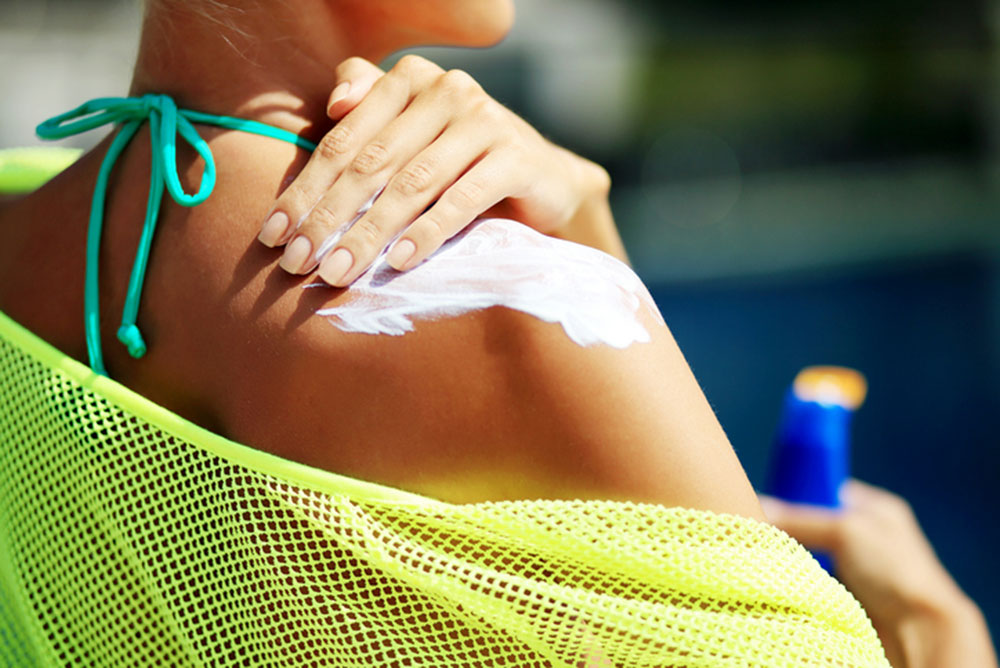
iStock
This is the second in a series covering the health risks of personal-care products.
SINCE MYLITTLEBIRD last covered antibacterial soaps, the FDA in late 2016 gave manufacturers one year to stop marketing products containing 19 bacteria-killing ingredients, in particular triclosan in liquid soaps and triclocarban in bar soaps—which risk harming both users and the environment.
In response to an earlier FDA warning, manufacturers failed to show any clinical benefits, compared to plain soap, for these two chemicals, i.e., they do not reduce infection rates due to the transmission of respiratory and gastrointestinal germs.
Worse than ineffective, triclosan in animal studies interfered with regulation of thyroid hormones, leading to infertility, early puberty, obesity and cancer. For humans, it can impair the body’s immunity by upsetting the skin microbiome—a community of microbes that live on and in the skin as the body’s first barrier against infection—and can interfere with muscle contractions in the cells.
Dangers to the environment include the creation of antibiotic-resistant bacteria, such as the dreaded MRSA. Both chemicals remain in water recycled for use in agriculture, where they can degrade into carcinogens and become precursors of dioxins. Both have shown up in fish and human breast milk, and in 75% of Americans over age five surveyed by the CDC.
Better for handwashing are soap and water or, if these are unavailable, hand sanitizer with at least 60% alcohol. Also wipes—although these create their own environmental hazard. “Flushable” wet wipes enter the sewer system intact where they cluster with congealed food fat to form large blockages called “fatbergs” (fat + iceberg). Last year a ten-ton lump of fatberg was removed from the London sewer system, costing £400,000, according to The Atlantic.
Dude Wipes, which The Atlantic described as “a rising star in the flushable wet-wipe world,” rose on the coattails of a mid- 2000s innovation by wet-wipe manufacturers to create baby wipes in a smaller size to be used as toilet paper and “flushable.” In 2015, personal wet-wipe sales reached an estimated $2.2 billion.
Use of the word “flushable” has, however, incited lawsuits across the U.S. In an “agitation test” conducted by Consumer Reports, none of the leading four wipes passed—nor did they break apart after being beaten for 10 minutes in a kitchen stand mixer, according to The Atlantic.
After being flushed, the plastic ingredients in wipes disintegrate into microplastics, which absorb pollutants and are consumed by wildlife, especially fish, and eventually by the people who eat them. Microplastics have contributed to such environmental disasters as the Great Pacific Garbage Patch.
Sunscreens that rely for UV filtering on the chemical compound oxybenzone—versus minerals like zinc oxide and/or titanium—are damaging coral reefs around the world. Oxybenzone makes coral more susceptible to fatal bleaching and acts as an endocrine disruptor in baby coral “causing it to encase itself in its own skeleton and die,” according to The Guardian.
Because sunscreens contain penetration-enhancing ingredients that help it adhere to skin, the chemicals are well absorbed into the body where they can disrupt endocrine function. In a large CDC survey, oxybenzone was detected in more than 96% of the American population. European studies have found oxybenzone along with other chemical sunscreen filters in mothers’ milk—“indicating that the developing fetus and newborns may be exposed to these substances.” Experts urge conducting more studies to confirm these dangers.
While the word on wipes is to stop using them altogether, both antimicrobial soaps and chemical sunscreens have good alternatives: regular soap and water; and sunscreens that use minerals to block UV-rays.
—Mary Carpenter
Read more well-being posts here.

Excellent piece. I didn’t know about fatbergs. Yuck!